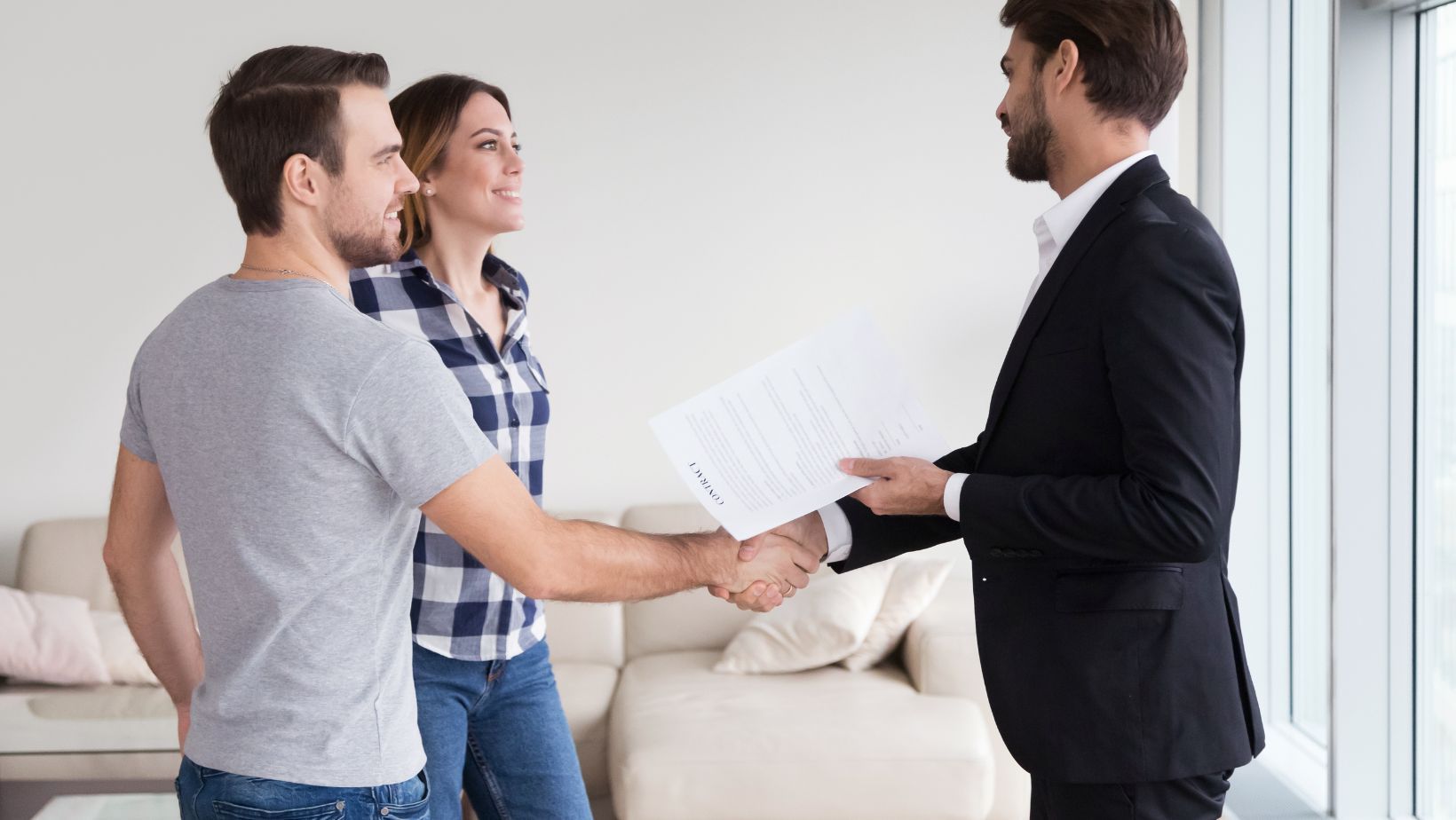How to Build a Better Tenant-Landlord Relationship
A landlord who takes the time to establish good tenant-landlord relationships won’t have any trouble getting good renters who want to stay. So what's the secret?

Choose Tenants Carefully
The foundation for a healthy tenant-landlord relationship begins before the tenant even moves in. A thorough screening process is essential to help weed out potentially bad tenants. There’s no guarantee that someone with impeccable credit and great references will be a good tenant. Their relationship with the landlord can still go sour. But choosing wisely (while following all fair-housing and non-discrimination laws, of course) can place people who “fit” the property and who are most likely to get along with the landlord and the neighbors.
Avoid Conflict By Setting Clear Expectations
Clarity about the rights and responsibilities of both the tenant and the landlord starts with a good lease. A lease that goes beyond the basic information to lay out the expectations for both parties can avoid confusion and misinterpretation of the rules. For example, some tenants may decide to make modifications like painting, removing carpet, or hanging shelves without first getting the landlord’s approval. Including detailed expectations in the lease will make clear what is and isn’t allowed. The same is true for policies regarding pets, quiet hours, subletting, etc. If rules are broken, the landlord has legal recourse—if it’s in the lease. Likewise, the tenant’s rights are protected if the landlord doesn’t hold up their end of the agreement.
Get to Know Your Tenants, But Know Your Boundaries
As the old saying goes, you catch more flies with honey than vinegar. Being friendly and welcoming goes a long way to build a good relationship between a landlord and a new tenant. Be careful not to pry or get too personal, but a bit of small talk can help a landlord get to know his or her tenants. They might share a bit about their family, job, or hobbies. Remembering these small details can provide insight—and something to chat about in the future. But don’t overdo it! Showing too much interest and asking too many personal questions can come across as nosy or even worse—creepy.
To keep a good tenant-landlord relationship, respect tenants’ privacy, and keep your personal opinions to yourself. Giving unsolicited advice about the company your tenant keeps or wondering aloud how they can afford the new car when their rent is sometimes late, is intrusive and will do nothing for the relationship. Remember that unless they are breaking the law, violating the lease, or someone is in danger, your tenant’s personal life is none of your business.
Share Your Knowledge
Whenever you can provide helpful information, it helps build a better tenant-landlord relationship. New renters especially will appreciate learning details about the building and the neighborhood. Let them know when the laundry room is busiest or the best times to find nearby street parking. And sure, they can find the nearest grocery store or pharmacy on their phone. But you can offer restaurant recommendations or first-hand intel about which local dry cleaner or mechanic you think does the best job.
Keep Communication Flowing
Keeping the lines of communication helps the tenant-landlord relationship. Tenants need to know the best way to reach the landlord. If the landlord has a preference (phone, text, email) they should make that known, along with a separate way to report emergencies, if there is one. The method of communication isn’t important. It just needs to be easy and effective for the tenant.
Explain the proper procedure for reporting maintenance issues. Responding to requests right away, even if the work can’t be done immediately, can help build the tenant-landlord relationship. There’s nothing more frustrating to a tenant than wondering if their message was received and if and when the issue will be resolved.
Landlords can get frustrated, too, if they’re not informed of problems right away. Make sure there is an established process for reporting issues. If tenants feel their requests are ignored, or they are accused of causing the problem, they may be hesitant to say anything. Remember that maintenance and repairs are part of building management and don’t blame tenants for normal wear and tear or unintentional damage.
A few days or a week after a repair is made, some follow-up communication helps to cement the relationship. Check in to see if everything is working well again. Tenants will appreciate the opportunity to let you know if something still needs attention.
Unless it’s an emergency, laws often require landlords to give a certain amount of notice before entering a tenant’s dwelling for repairs or maintenance. Failure to follow these rules is not only illegal but a breach of trust. And nothing will erode a relationship faster.
Things that will impact tenants directly, such as an upcoming rent increase, should be communicated as soon as possible and not sprung upon them. A thoughtful and considerate landlord will inform tenants about other matters as well. For example, giving some warning before construction on the property, that the pool will be closed for a few days, or that there will be new hallway lighting installed, can build a sense of community by helping tenants feel informed about what’s going on.
Honesty is the Best Policy
Even if the news isn’t what a tenant wants to hear, honesty can help the tenant-landlord relationship. If a repair can’t be completed right away, explain why, and give them a realistic date when it will be done. Let them know, for example, if you’re waiting on a permit, a backordered piece of equipment, or if there are several other tenant issues ahead of them on the list. And obviously, emergency issues will be your highest priority.
As the promised “done” date approaches, be sure to communicate any further delays. Sincere, straightforward answers to their concerns will show that a landlord is someone who can be trusted and will earn them credibility.
Security, Safety, and Proactive Maintenance
Tenants appreciate a landlord who cares about the safety and security of the premises. Well-lit grounds, good locks, a working intercom system, and walkways cleared of snow and ice are a few ways to build the tenant-landlord relationship. Fixing things like wobbly banisters or buckled carpet as soon as they’re noticed will prevent accidents and show residents they’re being cared for.
Proactive, preventative maintenance plays a big part too. The best landlords anticipate the needs of a building and its tenants. Not only is it good for tenant-landlord relations, but it can also save money on future repairs. Keeping a schedule, for example, to inspect and repair various aspects of the building on a regular basis rather than waiting for things to break is a good idea.
Getting Help with Tenant Relations
A landlord who takes the time to establish good tenant-landlord relationships won’t have any trouble getting good renters who want to stay. The secret is to be compassionate but firm and keep in mind the rights and responsibilities of both parties.
Relationships between tenants and landlords can be tricky, though, and not everyone is cut out to deal with the range of personalities encountered in a community of renters. In that case, a professional leasing and management company can be a great option. Property managers like Select Leasing & Management have years of experience dealing with all types of tenants and every situation imaginable. Consider hiring an expert to build a better tenant-landlord relationship for you.
Cover Image by fizkes by Canva.com
Share this post











